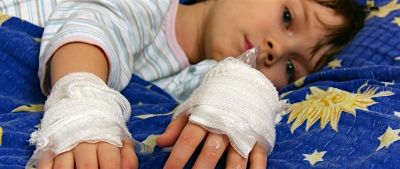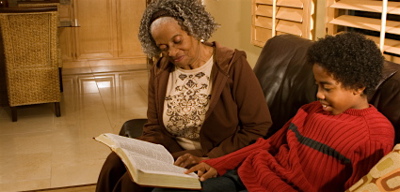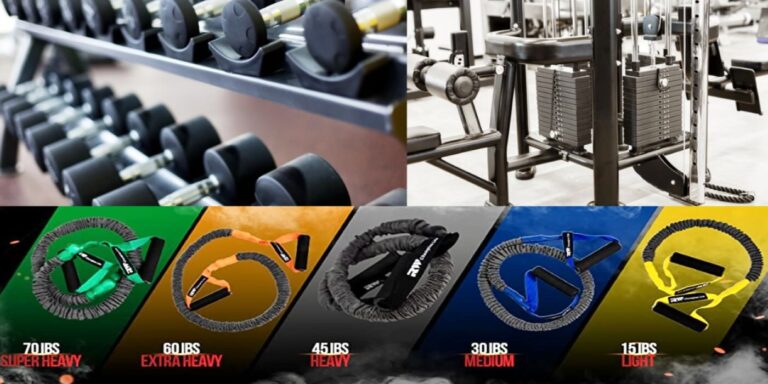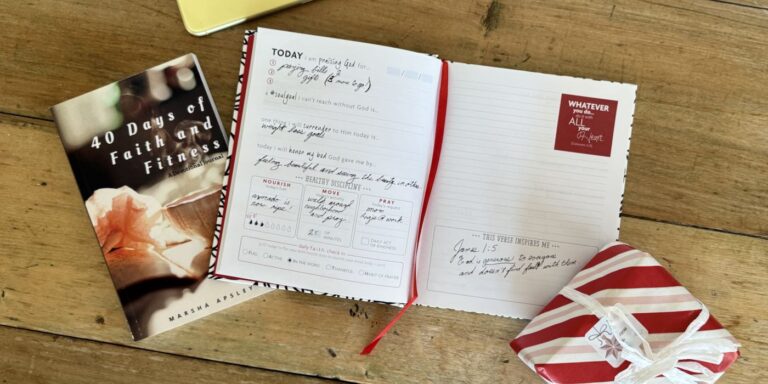 “Why would somebody do THAT to their body?” That is the question I receive most regarding the topic of self-injury, or self-inflicted violence as it is often called. Why a person would cut their own skin, stab at their body, pull out their hair from the roots, brand their skin with metal objects, burn themselves with flames, or apply scarification, differs from person to person. Not only are there different styles and severities, like its name, it is done by oneself to self as a way to cope with tension, overwhelming emotions or deal with specific situations.
“Why would somebody do THAT to their body?” That is the question I receive most regarding the topic of self-injury, or self-inflicted violence as it is often called. Why a person would cut their own skin, stab at their body, pull out their hair from the roots, brand their skin with metal objects, burn themselves with flames, or apply scarification, differs from person to person. Not only are there different styles and severities, like its name, it is done by oneself to self as a way to cope with tension, overwhelming emotions or deal with specific situations.
There are many things in our daily lives that we can do (positive or negative) in order to relieve tension, which is also known as worry, pressure, stress, nervousness, anxiety and apprehension. As a way to gain control, self-injury is one of the unhealthy coping mechanisms used as a release.
 Self-injury is defined as self-inflicted pain and violence to self. I have found over the years that those who cause self-inflicted pain and injuries simply refer to themselves as a “cutter”. By doing this, that becomes their identity. They say, “If I continued to refer to myself as a cutter or a burner that is who I would remain because I would not be able to see past that label I gave myself.” Now, I believe if you have an issue or addiction, you need to “own up” to those issues, addictions or what you may be struggling with, however, what a person is struggling with doesn’t have to define the person.
Self-injury is defined as self-inflicted pain and violence to self. I have found over the years that those who cause self-inflicted pain and injuries simply refer to themselves as a “cutter”. By doing this, that becomes their identity. They say, “If I continued to refer to myself as a cutter or a burner that is who I would remain because I would not be able to see past that label I gave myself.” Now, I believe if you have an issue or addiction, you need to “own up” to those issues, addictions or what you may be struggling with, however, what a person is struggling with doesn’t have to define the person.
Cutting, burning is not new, self-destructive behavior is actually mentioned in the Bible in chapter five of the book of Mark where a man had been cutting himself with stones night and day. The misconception is that self-injury is a “teen girl issue”. In actuality it is far from being only a teenagers issue. Don’t be surprised if a 50 year-old woman approaches the pastor stating she has been pulling her hair for fifteen years, or the meek and mild 30 year-old man approaches you that he has been punching and cutting himself since he was twenty.
 At eight years old, I began hitting myself with bricks and rocks, as a way to punish myself for what I perceived was a deserved punishment. I also harmed myself to express my inner pain. Years later, that progressed to cutting and then to burning specific areas on my body. This happened up to my late 20’s. Like me, for those wrapped up in self-inflicted violence, at the moment of cutting, pulling out the hair from the roots or pressing hot metal objects into the skin, it does have a positive impact in our minds. But, only at that moment are we deceived to believe that these things have positive results. It is within hours and sometime minutes that the feelings worsen. The act is done to fulfill that void, that desire, the tension. And the cycle repeats.
At eight years old, I began hitting myself with bricks and rocks, as a way to punish myself for what I perceived was a deserved punishment. I also harmed myself to express my inner pain. Years later, that progressed to cutting and then to burning specific areas on my body. This happened up to my late 20’s. Like me, for those wrapped up in self-inflicted violence, at the moment of cutting, pulling out the hair from the roots or pressing hot metal objects into the skin, it does have a positive impact in our minds. But, only at that moment are we deceived to believe that these things have positive results. It is within hours and sometime minutes that the feelings worsen. The act is done to fulfill that void, that desire, the tension. And the cycle repeats.
The cycle can be triggered by something a person says, something a person sees or simply a thought. The thought can persist and eventually the person may feel as though the thoughts are flooding the mind. For me, the thought needed to be acted on; if it wasn’t then I was convinced that I failed. In all honesty, although the person believes that what they are doing is a solo act done in private, this habit, or addiction as many call it, actually affects those around them.
Take a look at some occurrences that many people encounter at one time or another:
– You get cut off the road
– Stopped for speeding and given a ticket
– Break up in relationship
– Loss of job
 These things can happen to all of us. However, the way we act and react to them makes all the difference in the world. What may cause some people to read a book after a challenging day, take a warm bubble bath to relax, or go for a long run outdoors to let out steam; for some grabbing a knife and jabbing it in their thigh is their answer. They may take a metal object and press it into their skin until they feel pain, or tie their hair with string and pull it as hard as they can to rip out as much hair from their scalp as possible.
These things can happen to all of us. However, the way we act and react to them makes all the difference in the world. What may cause some people to read a book after a challenging day, take a warm bubble bath to relax, or go for a long run outdoors to let out steam; for some grabbing a knife and jabbing it in their thigh is their answer. They may take a metal object and press it into their skin until they feel pain, or tie their hair with string and pull it as hard as they can to rip out as much hair from their scalp as possible.
– Find a support person
– Identify and develop healthy coping skills
– Get involved in a support group
– Take the focus off the cutting by keeping busy
– Journal/write it (your tensions and concerns) out rather than act out
While one person with healthy coping skills may say “A bath calms me” or “A long run helps clear my head”, another who has yet to apply healthy skills believes that self-inflicted violence takes the edge off. That person may say “I become less tense when I take a knife to my arm until there is blood” or “banging my head against a wall relaxes me”.
The Christian faith has a tremendous impact on our actions and healthy behaviors. What changed my life was choosing to believe that Jesus truly heals. There was a moment in my life when I read that segment in the Bible about Jesus healing the man who cut himself night and day. After several hours of a heated discussion and rant with God, I decided to ask him into my life. As months went by, I found it more effective to ask God for help than to take actions into my own hands. Over the years I have received letters from men and women stating that is was only through God that they became free of self-injury.

 People may be perplexed when they hear of a person who has cut, burned and hurt their body intentionally or pull their own hair out of their head. It seems alcoholism and drug addiction are better understood, even though it is all an unhealthy way of coping. Honestly if I were currently struggling with an addiction such as self-inflicted violence, I would not openly admit it to my friends, family, co-workers, or those at church. I won’t even tell them if I decide to join a rehab program. I think it is fair to say that we all fear judgment and being misunderstood.
People may be perplexed when they hear of a person who has cut, burned and hurt their body intentionally or pull their own hair out of their head. It seems alcoholism and drug addiction are better understood, even though it is all an unhealthy way of coping. Honestly if I were currently struggling with an addiction such as self-inflicted violence, I would not openly admit it to my friends, family, co-workers, or those at church. I won’t even tell them if I decide to join a rehab program. I think it is fair to say that we all fear judgment and being misunderstood.
If I were to go into an emergency room, I expect a doctor or nurse to have compassion and empathy because that is what they are trained to do; it doesn’t always happen, but that is the expectation. Among those who follow Jesus Christ that should be STANDARD. Christians especially need to display compassion, concern, caring, kindness, consideration, and empathy. Through such a display of unconditional caring and compassion, the self-injuring person will become more willing to be open and share. If someone walked up to you and shared that they harmed themselves as a way of coping what would your reaction be? If that person said “I cut” or “I just gave myself a black eye”, what would you say to that person?
– LOVE the person
– Be there for the person by listening
– Do not isolate or punish them.
– Get the person help
– Identify a support group
– Do activities to help the cutter refocus
Don’t be afraid, embrace the person, listen to what they have to say, try not to focus on the specific form of self-injurious behavior, but on what the person is expressing. I challenge you, as a caring individual to embrace a person who is struggling with self-inflicted violence or anything else. Be willing to be pushed out of your comfort zone. People don’t care about how much you know or how much of the Bible you can recite. What is going to get in the head and heart of a person struggling is that you care.
 There was a time in my life that I had no belief in God. I didn’t understand what it meant to have faith. Christians need to consistently show caring and compassion. Christians also need to pray for those in self-injury situations. As long as there is breath in a person, there is hope!
There was a time in my life that I had no belief in God. I didn’t understand what it meant to have faith. Christians need to consistently show caring and compassion. Christians also need to pray for those in self-injury situations. As long as there is breath in a person, there is hope!






